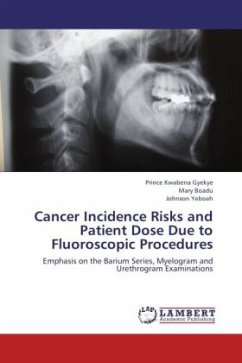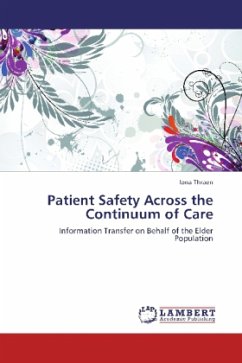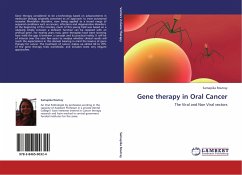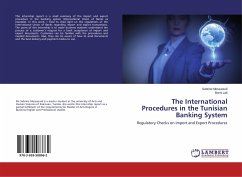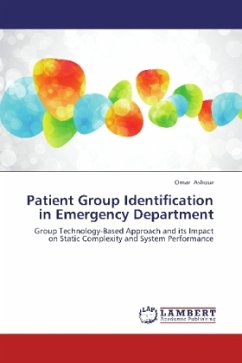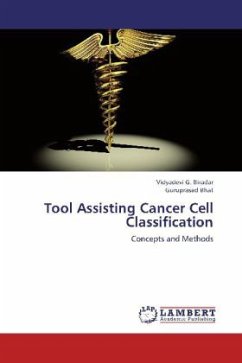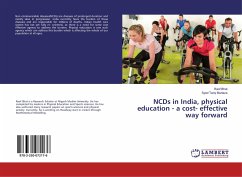Cancer incidence risk, organ and effective dose of ninety (90) patients undergoing selected fluoroscopic procedures have been estimated. Organ and effective dose were estimated using Monte Carlo Code (PCXMC) with air kerma as input. Excess relative risk of site specific solid cancer and all solid cancers excluding thyroid and Non-melanoma skin cancers incidences were estimated using Biological Effects of Ionising Radiation VII Committee risk models. The mean effective dose was found to be 0.29 ± 0.07, 0.84 ± 0.13, 3.15 ± 0.44, 6.24 ± 0.7, 0.38 ± 0.05 mSv for urethrogram, barium swallow, barium meal, barium enema and myelogram examinations respectively. Longer radiation beam on time, high number of radiographs taken per patient and wide exposure beam area on the surface of the patient was found to contribute to increased doses in patient. Cancer incidence in patients of the same age was higher in women than in men except cancer of the colon which had higher incidence in men than in women and cancer of the liver which had equal incidences. Younger patients have a higher risk of incurring any type of cancer due to radiation exposure than older patients.
Bitte wählen Sie Ihr Anliegen aus.
Rechnungen
Retourenschein anfordern
Bestellstatus
Storno

